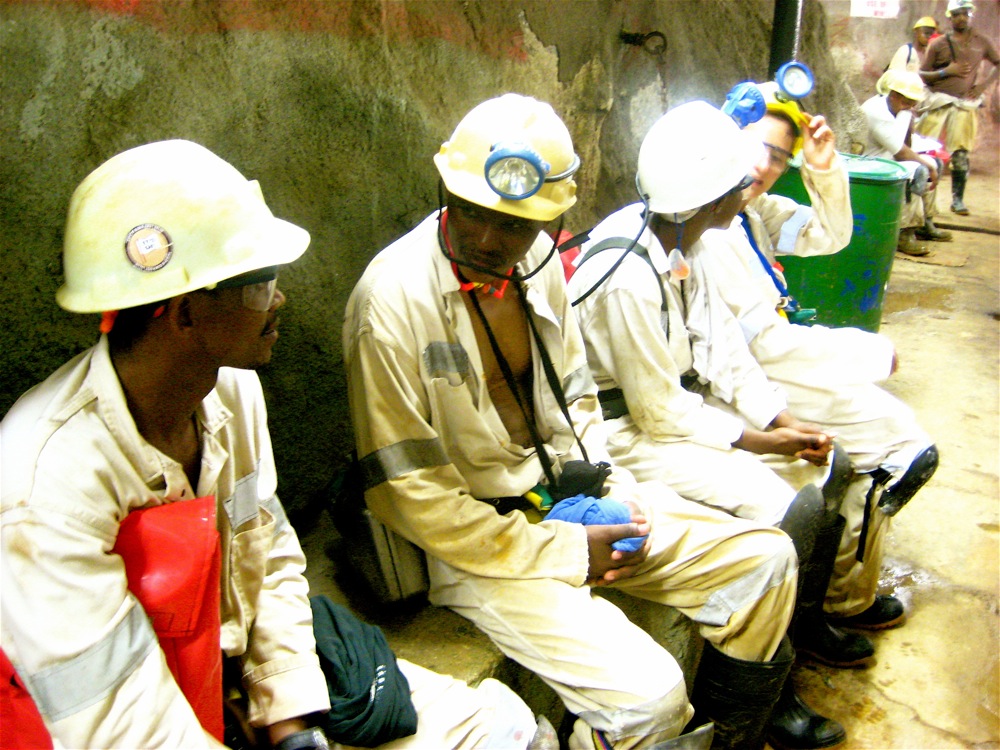14 March, 2017The findings of a preliminary study have confirmed IndustriALL Global Union’s global campaign message on mine health and safety - trade unions save lives.
New research has found strong evidence that health and safety representatives supported by a trade union were more effective in getting important safety matters addressed and resolved than health and safety representatives acting on their own.
The comparative research project, led by Professor David Walters from Cardiff University, was based on the experiences of worker health and safety representatives in five countries: Australia, Canada, India, Indonesia and South Africa. The research involved interviews with trade unions nationally and regionally, miners, and government inspectors, as well as other key parties.
The research also showed that mine management is not playing its facilitation role, and as a result health and safety representatives are denied the benefits of that support.
“This welcome research reinforces our message that trade unions play a critical role in health and safety awareness and training. We believe that workers have rights, employers an obligation and governments a responsibility to improve safety in mining,” said IndustriALL’s Mining Director, Glen Mpufane.
The present global research report, which is the first of a two stage research project, represents an initial scoping study concerned with the role of worker representation in mines in a range of national economies and how that role is supported or constrained locally, nationally and globally.
The study seeks to determine how the four basic health and safety worker rights contained in International Labour Organziation’s (ILO) Convention 176 are encouraged or restricted. These four basic worker rights are:
- The right to refuse to do dangerous work.
- The right to education and training.
- The right to information.
- The right to representation and participation.
The authors of the research, Professor Walters, and Professor Richard Johnstone from the Faculty of Law at Queensland University of Technology/Australian National University delivered the preliminary findings at an FES funded workshop on 7 March held in Johannesburg, South Africa. The workshop, organized by the University of the Witwatersrand’s Centre for Sustainability in Mining and Industry, together with IndustriALL, was attended by health and safety representatives and officials from the National Union of Mineworkers (NUM), National Union of Metalworkers of South Africa (NUMSA), the ILO’s East and Southern Africa Office, the Chamber of Mines of South Africa, and health and safety training practitioners.
